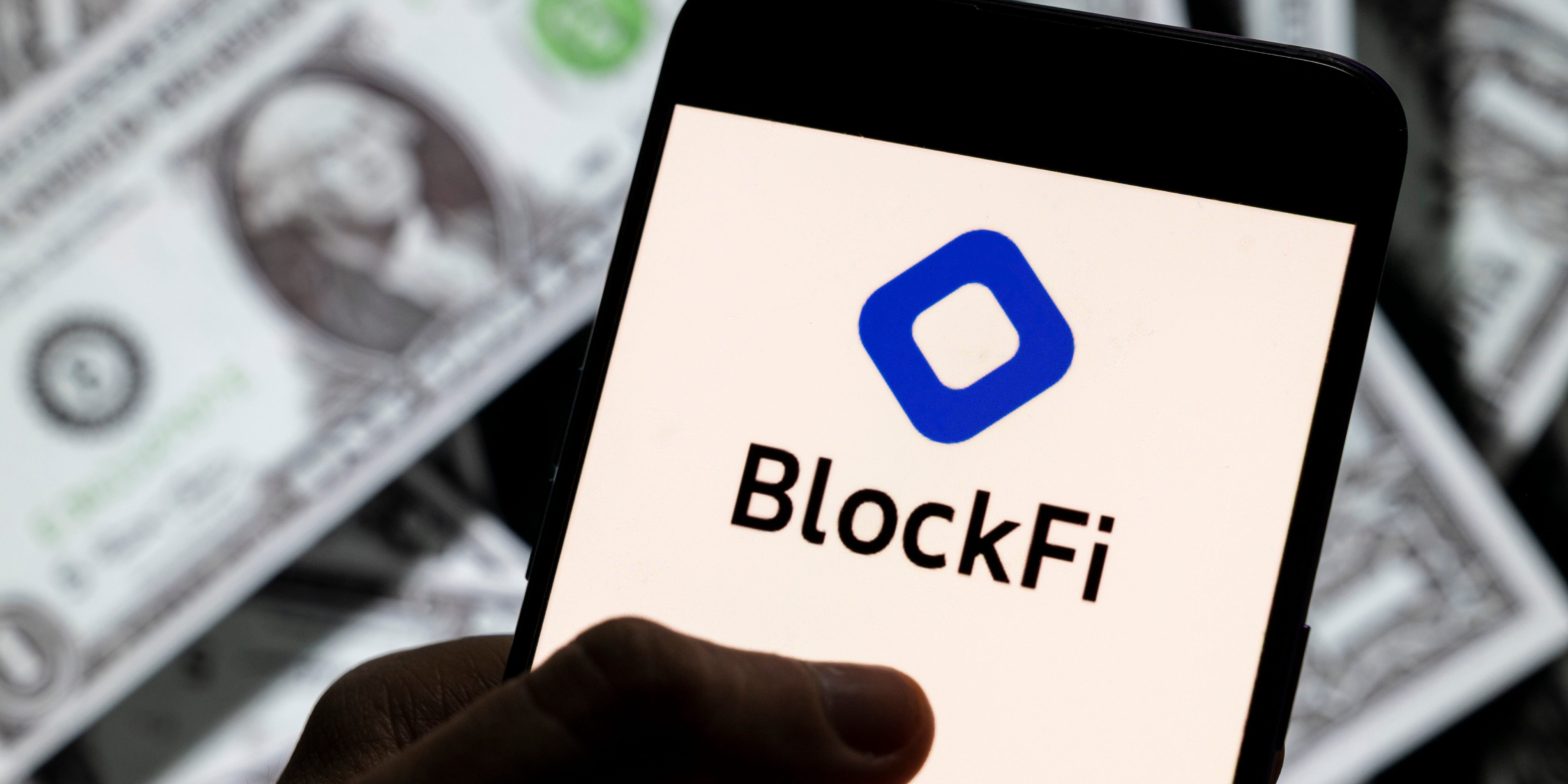BlockFi filed for Chapter 11 bankruptcy on Monday, citing hefty exposure to FTX. The crypto platform owes $30 million to the SEC, per bankruptcy filings. FTX, which once offered BlockFi a $400 million credit line, ultimately led to the firm’s bankruptcy. Loading Something is loading.
Thanks for signing up!
Access your favorite topics in a personalized feed while you’re on the go.
Crypto lender BlockFi filed for Chapter 11 bankruptcy protection on Monday in the wake of FTX’s catastrophic implosion, which continues to send ripples through the industry.
BlockFi has over 100,000 creditors, with liabilities and assets ranging from $1 billion to $10 billion, according to its bankruptcy filing, with one of the largest being “West Realm Shires,” the company publicly known as FTX.US, which has a $275 million unsecured claim.
BlockFi cited significant exposure to Sam Bankman-Fried’s crypto empire, which filed for bankruptcy on November 11. The crypto exchange experienced a “run on the bank,” when a Coindesk report revealed that FTX’s FTT token made up a large portion of the Bankman-Fried’s quant trading firm Alameda Research’s balance sheet.
BlockFi, founded in 2017 by Flori Marquez and Zac Prince, offers customers yields on token deposits. The company secured a $350 million Series D raise at a $3 billion valuation last year, with big-name backers like Bain Capital Ventures.
The company has had a rocky year, however, and its troubles didn’t begin this week. Bankruptcy filings tell a story of the firm’s ups and downs.
In February, BlockFi agreed to pay the Securities and Exchange Commission (SEC) $100 million from a fine over one of the firm’s yield-bearing products. The SEC is BlockFi’s fourth largest creditor, owing the agency $30 million.
How BlockFi landed in bankruptcy courtThe “industry pullback” in crypto has not done BlockFi any favors, Mark Renzi of Berkeley Research Group, one of the company’s financial advisors, said in the filing. Crypto’s market cap has declined by more than 66% since its record-high in November 2021, according to Messari.
After token prices declined for months, markets took an even swifter downturn in May. Crypto’s biggest names began dropping like flies.
Algorithmic stablecoin TerraUSD, which once had a market cap of roughly $14 billion, collapsed, bringing down a slew of ailing firms with it. Centralized crypto lender Celsius and digital asset brokerage Voyager filed for bankruptcy as well.
“BlockFi had no direct exposure to Celsius, Luna, Terra, or Voyager, outside of offering clients facing BlockFi International the ability to trade Luna on its retail trading platform,” Renzi said, adding that customers were still flocking the company’s platform amid the downturn.
BlockFi cut 20% of its workforce in June, citing a “dramatic shift” economic conditions, cofounder Prince tweeted.
The Terra fiasco sank the now-defunct overleveraged hedge fund Three Arrows Capital, which had significant exposure to the algo stablecoin and was also one of the largest borrower clients of BlockFi.
“These events, individually and collectively, shook the confidence of cryptocurrency investors and caused a market purge, with substantial numbers of investors seeking to pull their funds from any and all cryptocurrency investments. BlockFi was not immune,” Renzi said.
BlockFi’s entanglement with FTXWhen the lending firm was undergoing financial hardships, BlockFi inked a deal with FTX that opened a $400 million revolving credit line in July. FTX’s “apparent ‘rescue’ was short-lived,” Renzi said.
“Support from FTX, with its highly visible brand, bolstered customer confidence in the strength and safety of BlockFi’s platform,” he added. “And indeed, throughout the summer of 2022, BlockFi maintained its operations while several other trading platforms and exchanges were forced to declare bankruptcy.”
Ironically, once FTX’s “death spiral” began, BlockFi’s liquidity crisis ensued and the company paused user account withdrawals on its platform. Due to the loan agreement and $355 million in digital assets held on FTX, BlockFi had substantial exposure. (The firm previously loaned $671 million to Bankman-Fried’s Alameda as well.)
“We want to make sure we get people back as much of their value as quick as we can,” Josh Sussberg, a partner at BlockFi’s legal firm Kirkland & Ellis, said in a bankruptcy hearing on Tuesday. The company, per Sussberg, want to resume platform services to “maximize client recoveries” soon.
